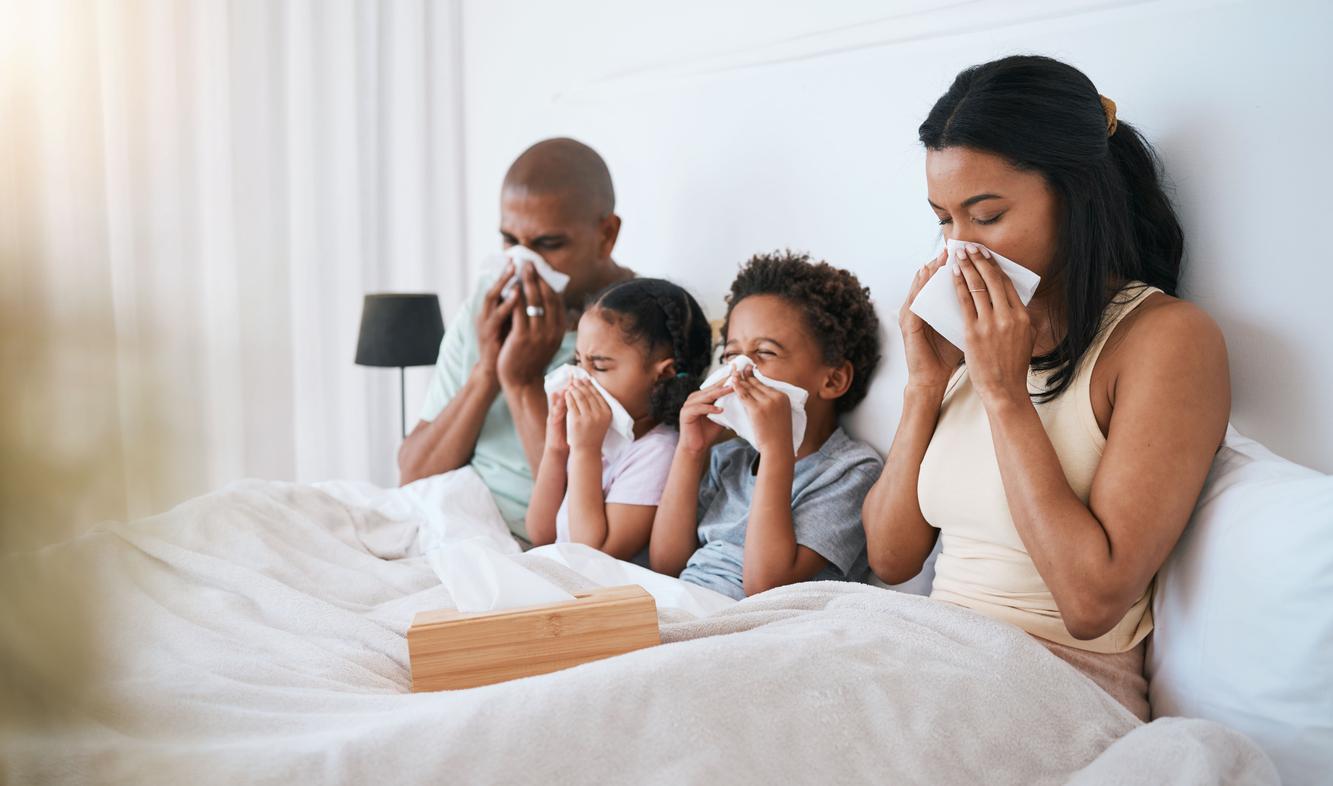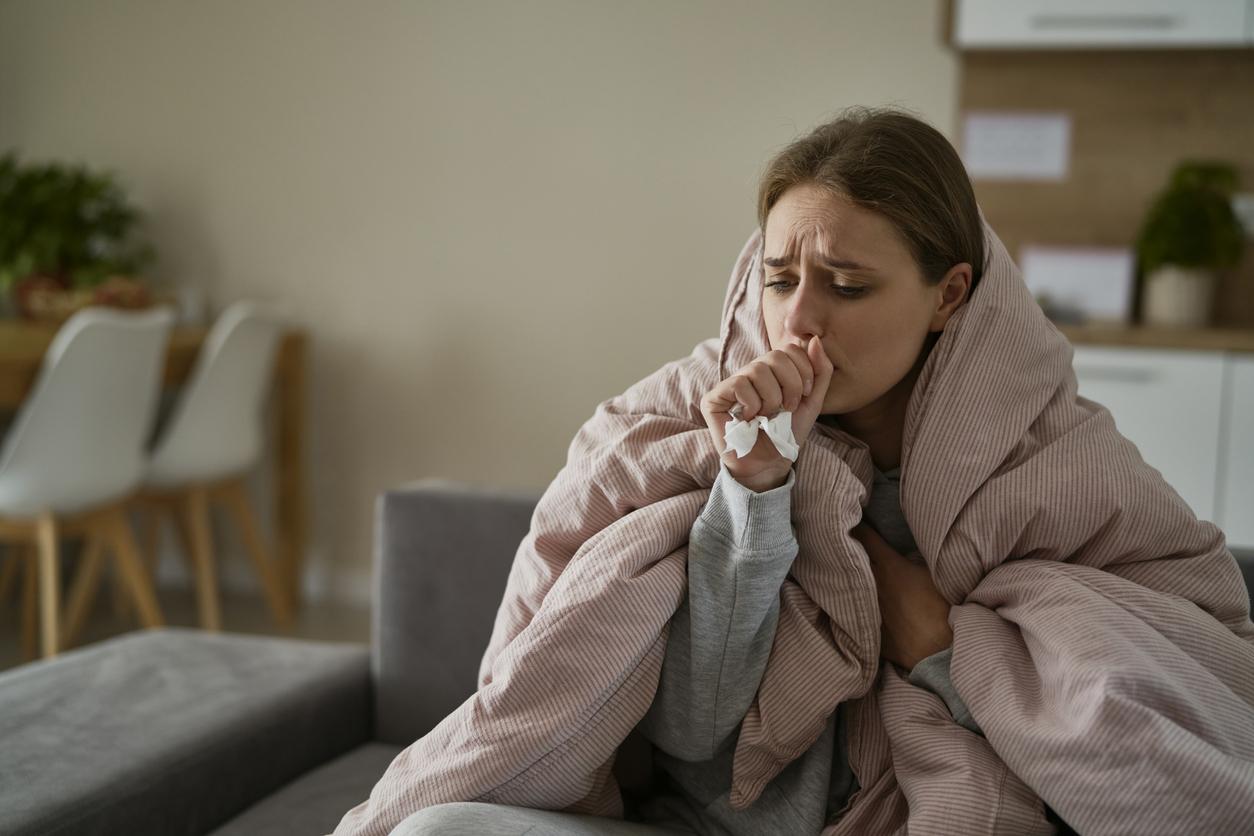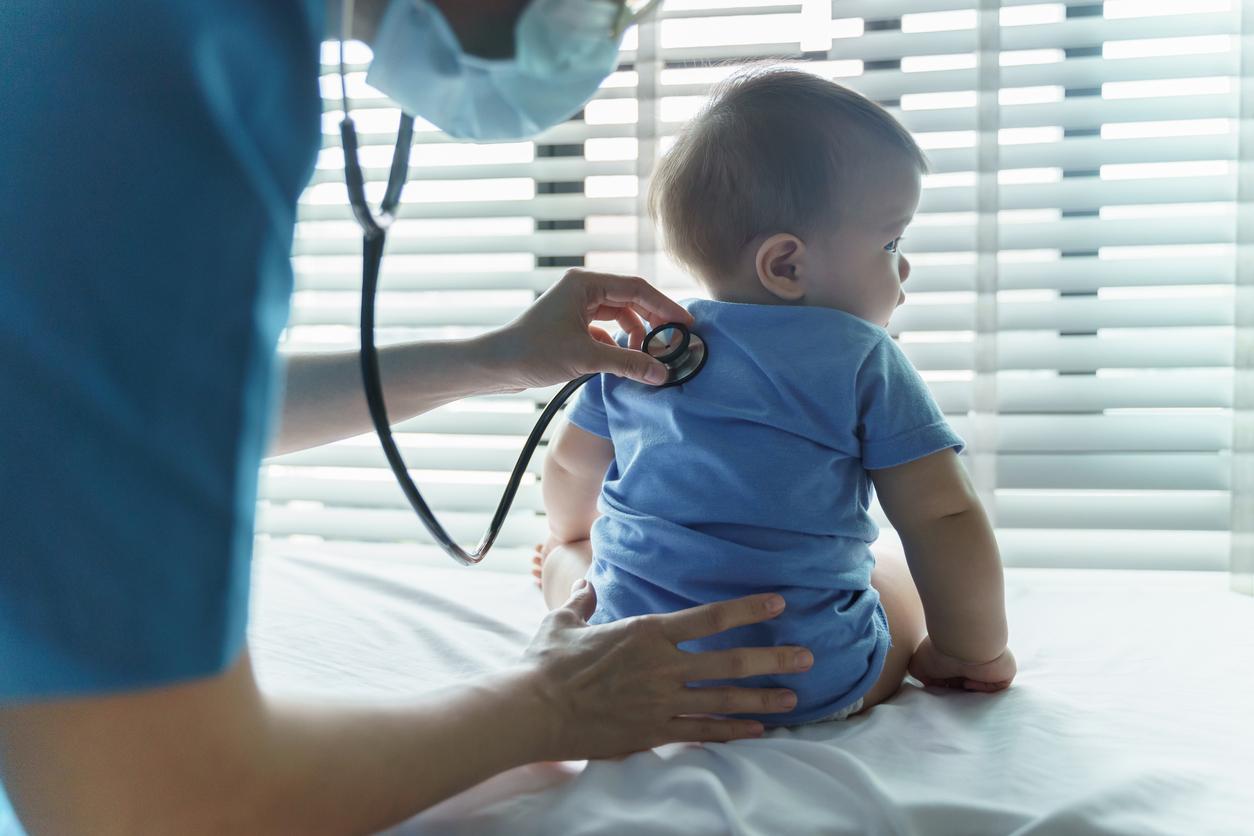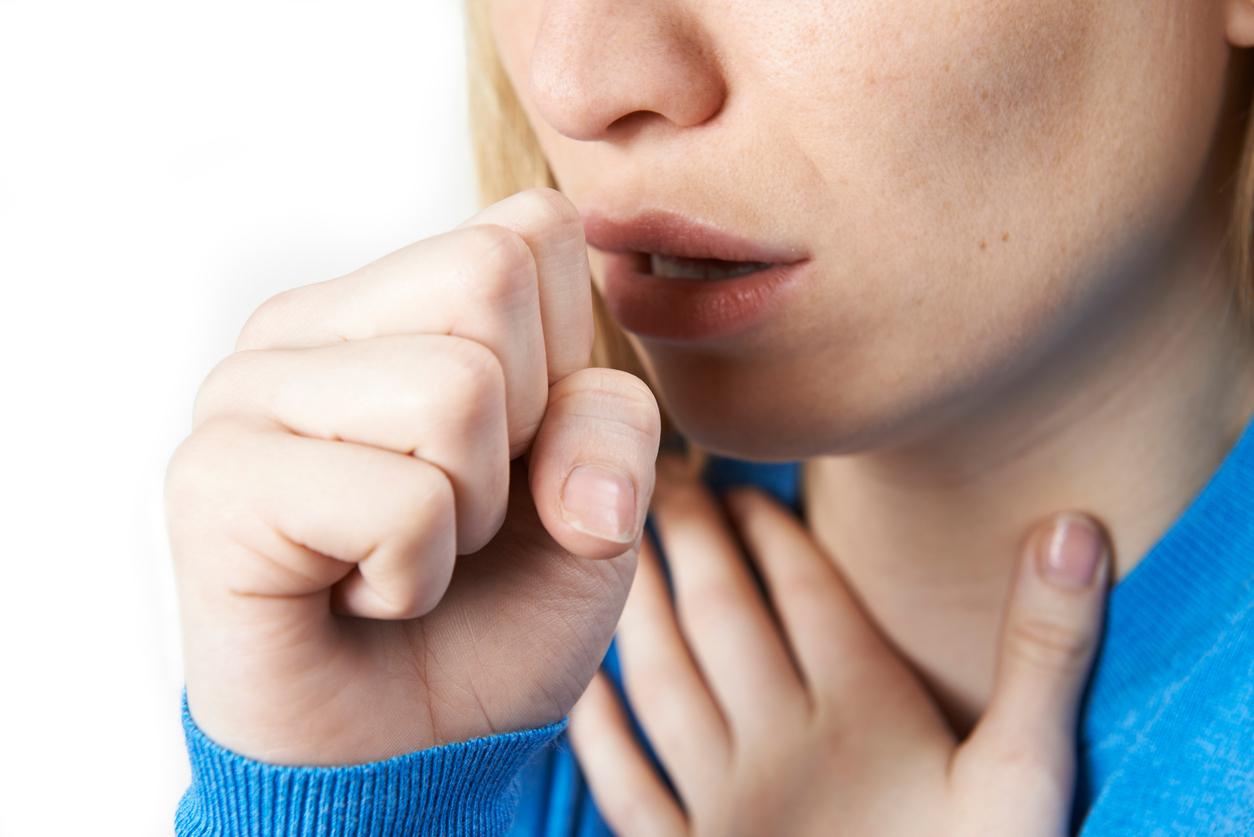To counter the chains of transmission of Covid-19, the Assistance Publique-Hôpitaux de Paris (AP-HP) is testing the isolation of patients infected with the virus in hotel rooms, in partnership with the Accor group.
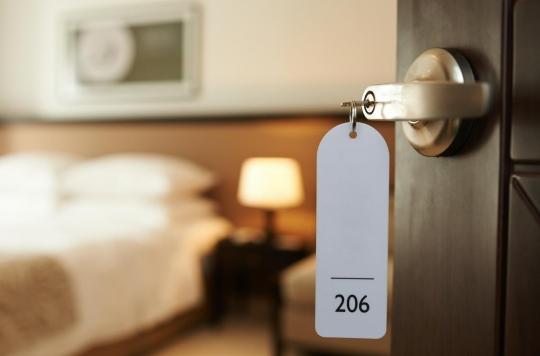
To stem the spread of the virus, which is mainly transmitted between people by postilions, the Assistance Publique-Hôpitaux de Paris (AP-HP) has launched the project of isolating infected people in hotel rooms. This device, named “Covisan”, aims to avoid a second wave of contamination, so deconfinement is looming, scheduled for May 11. The objective is to limit the possibilities of transmission of the virus, particularly within families, by identifying and isolating potentially contaminating people.
A cost borne by AP-HP
This project was launched on April 15 by the AP-HP of Paris, in connection with the City of Paris and the Departmental Council of Seine-Saint-Denis. “This project is part of the national policy of deconfinement and prevention of a second wave. We operate on an equal footing with city medicine, it allows them to include their own patients”accurate to World Martin Hirsch, the director general of the AP-HP. This system is tested with three sites, Pitié-Salpêtrière (13and district), Bichat hospitals (18and) – Louis-Mourier in Colombes (Hauts-de-Seine) and Avicenne in Bobigny (Seine-Saint-Denis). For infected patients who do not require hospitalization, hotel accommodation is offered to avoid transmitting the virus to people around them.
Three hotels, from the Accor group, near the four hospitals of the Covisan project are mobilized to welcome infected people. This will initially be done on a voluntary basis. “This is where our experience of having followed 50,000 patients remotely through the Covidom platform for a month is useful, we have run in a system for monitoring people carrying Covid”, assures Martin Hirsch. To ensure the screening tests, the intervention teams will be made up of nurses and interns. The Red Cross will also be mobilized by this device which will cost nothing to the volunteers, but between 30 and 50 euros to the AP-HP, i.e. the “cost price” of a bedroom.
Not a world first
For the moment, the duration of this trial has not been fixed. The objective is to “learn as much as possible, says Martin Hirsch. If these pilots give favorable results, they will be useful for expanding and duplicating the device..” The trial is also done on a voluntary basis, for others “teams will be formed to accompany them and help them organize themselves, check that they have personal protective equipmentsummarizes Jean-Louis Missika, deputy mayor of Paris in charge of urban planning. To prevent them from going to the shops, they will be delivered meals or fresh products.”
This device is not new. Elsewhere in the world, similar projects have been set up, notably with the Accor group in South Korea and Spain. “It is a policy that should concern the whole of France, it is quite symbolic of local or regional initiatives which only testify that there is no pilot in the Republican plane”, launches Eric Caumes, head of the infectious diseases department at the Pitié-Salpêtrière hospital. For him, it would be necessary to go even further. “What about, for example, the large chains of transmission in AP-HP hospitals, intermediate medico-social structures, homes for workers and migrants? It’s a real problem.”

.









